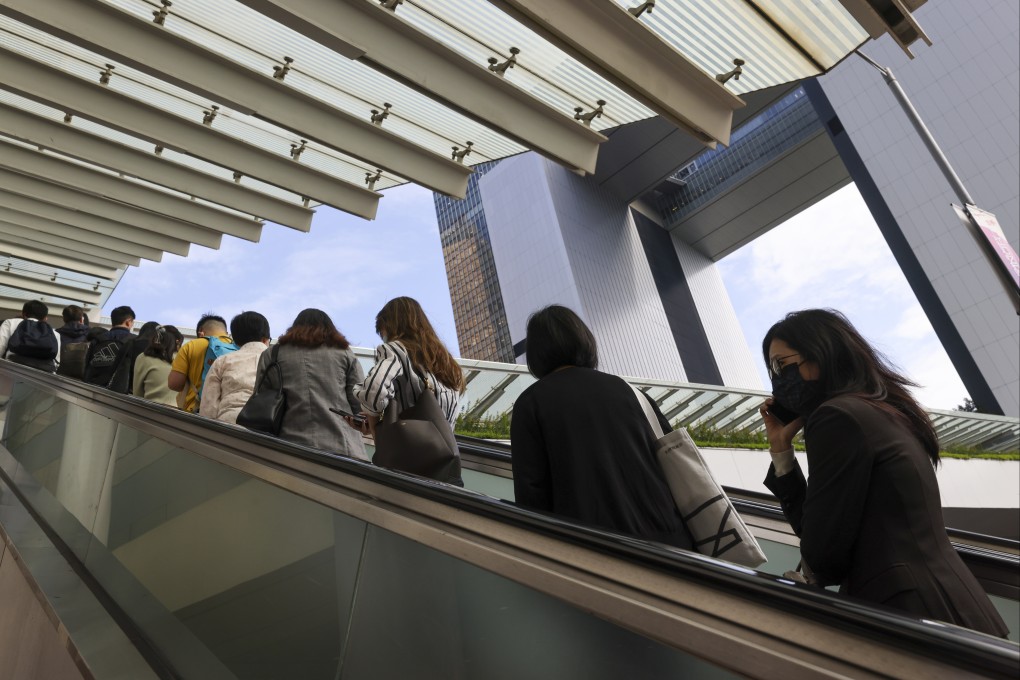Advertisement
Letters | Hong Kong’s entire civil service, not just the pay adjustment system, needs an overhaul
- Readers discuss the debate over the civil servant pay rise, the factors underlying mass shootings, and the downside of the cryptocurrency boom
Reading Time:3 minutes
Why you can trust SCMP
1

Feel strongly about these letters, or any other aspects of the news? Share your views by emailing us your Letter to the Editor at [email protected] or filling in this Google form. Submissions should not exceed 400 words, and must include your full name and address, plus a phone number for verification.
The heated debate on recent civil service pay trend survey result, which was criticised by various parties as being out of touch and recommending an unreasonably high pay rise, and the ensuing Executive Council decision to approve a 2.5 per cent increase in pay for all government workers, irrespective of rank, signify the need to go beyond an ordinary review of the civil service pay adjustment mechanism.
To echo the views of another reader (“There is a reason employers object to the civil service pay rise”, June 5), people by and large act out of self-interest.
Advertisement
It is also worth noting that criticism of the civil service on social media, disparaging their work capabilities and undermining the value of public service, has been on the rise. Such public discontent has been caused and fuelled by deep-rooted social conflict, declining government legitimacy, a stagnant economy and the impact of the pandemic, among other factors in recent years.
Improving the relationship between the government and the public will take a great deal of effort and determination.
Advertisement
The start of the new administration’s term might be an opportune time to initiate a study on the long-awaited civil service overhaul. Chief Executive John Lee Ka-chiu pledged to reform civil service work culture before he took office earlier this month.
Advertisement
Select Voice
Choose your listening speed
Get through articles 2x faster
1.25x
250 WPM
Slow
Average
Fast
1.25x